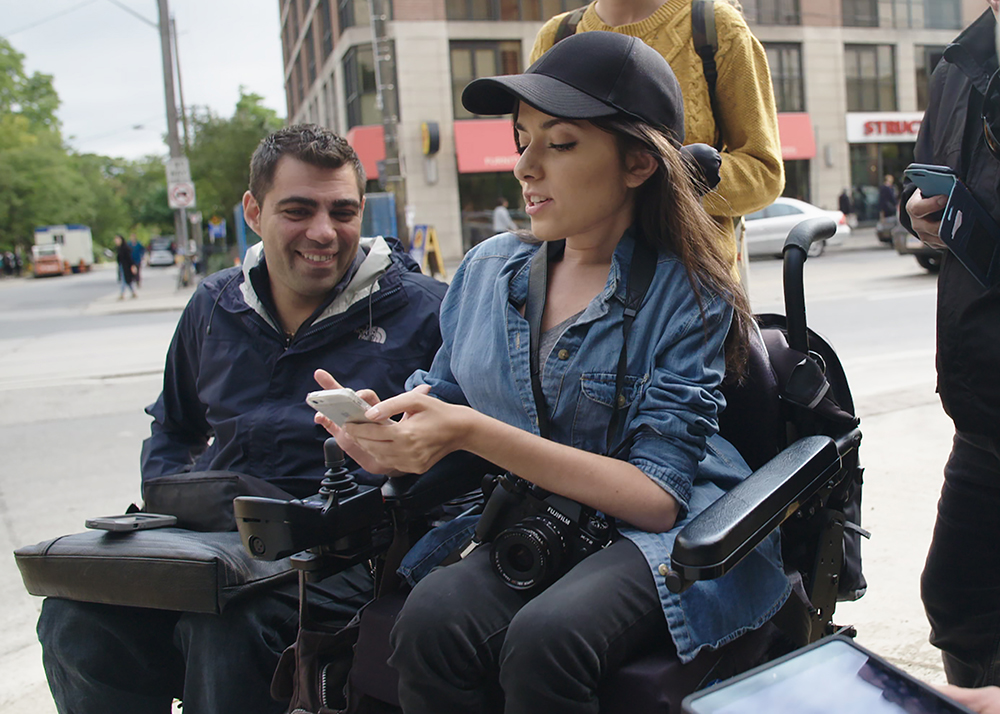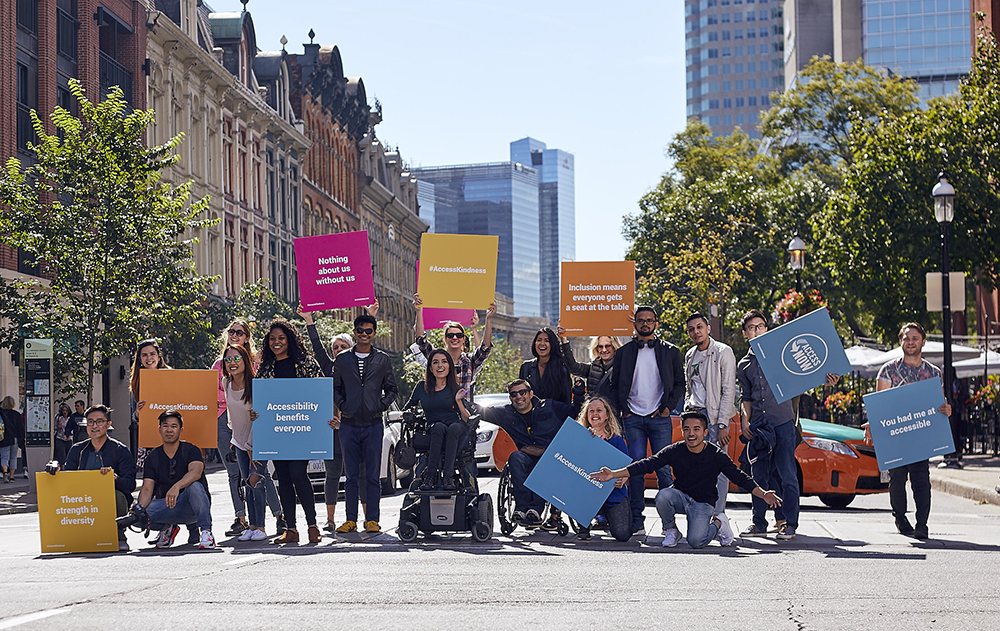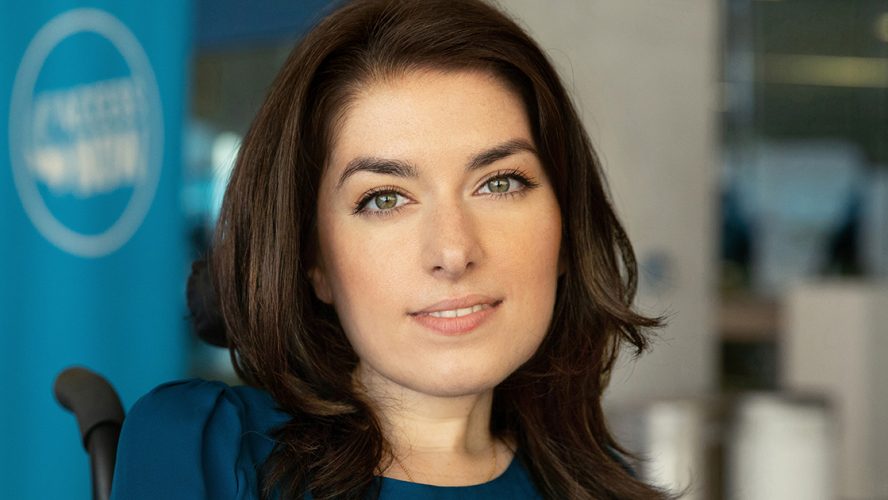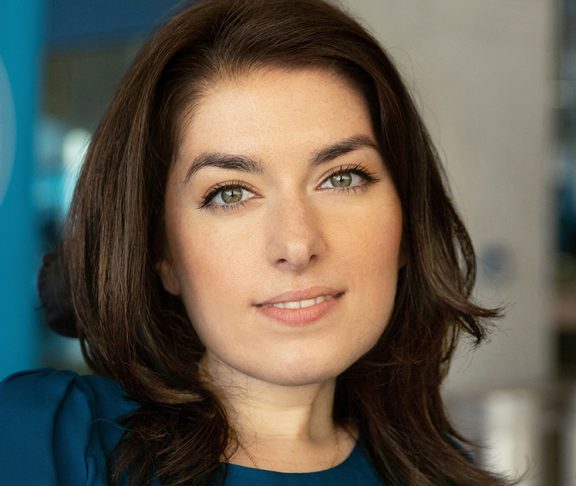As the founder of AccessNow, Maayan Ziv is a leader in the junction of healthcare and technology. Mediaplanet spoke with Ziv on the importance of being your own advocate and the future of health and accessibility.
Why did you decide to start AccessNow?
Maayan Ziv: AccessNow started because of my experiences as a person with a disability. I’ve used a wheelchair throughout my life, and I’ve struggled with figuring out whether a location is accessible. I’d often find different results in person than what I found online, and there’s an overall lack of information about the accessibility of spaces. AccessNow was my response, and it’s been cool seeing how communities have adapted it into what it is today. AccessNow includes information from over 30 countries, and each new review and person joining our community allows us to share that much more information.
What has been the most difficult part of being your own advocate?
MZ: One of the most challenging things about advocacy is that it comes up when you least expect it. It’s one thing if you get up every morning and decide you want to take on the world. But it’s different when you’re just trying to go about your life and you’re met with significant barriers. There’s a physical and emotional toll in raising your voice, and the hardest thing is to keep fighting and feel strong enough to continue to advocate every day. People often don’t see how challenging that is.

How can Canadians better advocate for themselves and their needs?
MZ: Every person on the planet has a responsibility to work toward a more accessible world, regardless of whether they’re a consumer of accessible products and services. In my field, it’s about building codes that are accessible to other screen readers and technology users. But everyone has a part to play in allowing others to advocate for themselves. Overall, don’t be afraid to lean on your personal experience, avoid discrediting yourself, and make sure that you can raise your voice to advocate for your health!
As a leading voice in the junction of health and technology, how do you see technology advancing patient access and empowerment?
MZ: There are so many ways that tech companies are creating more connected health. This includes better experiences pre-appointment and mid-appointment, and even your ability to access information post-appointment, all creating a more unified experience. When technology is seen as an accessible and inclusive tool, it plays a big role in helping people be more connected with their health. Beyond that, health isn’t just medications and appointments. It includes how you can show up in your community and how you can be independent. These are all forms that add to community health and can help people show up in the world with greater confidence.

What are your hopes for the future of health and accessibility?
MZ: Within the disability community, we endorse a social model that maintains that there’s nothing fundamentally wrong with someone with a disability, but rather that it’s the environment around that person that’s causing disabling factors. When it comes to accessibility in health, the next step isn’t creating one solution that will help someone show up to an appointment. It’s about creating a holistic experience for someone who lives with a disability, and creating an environment where they can reach their own potential. For me, that’s when we start to see someone be able to thrive, and not just cope to get to the next step.


